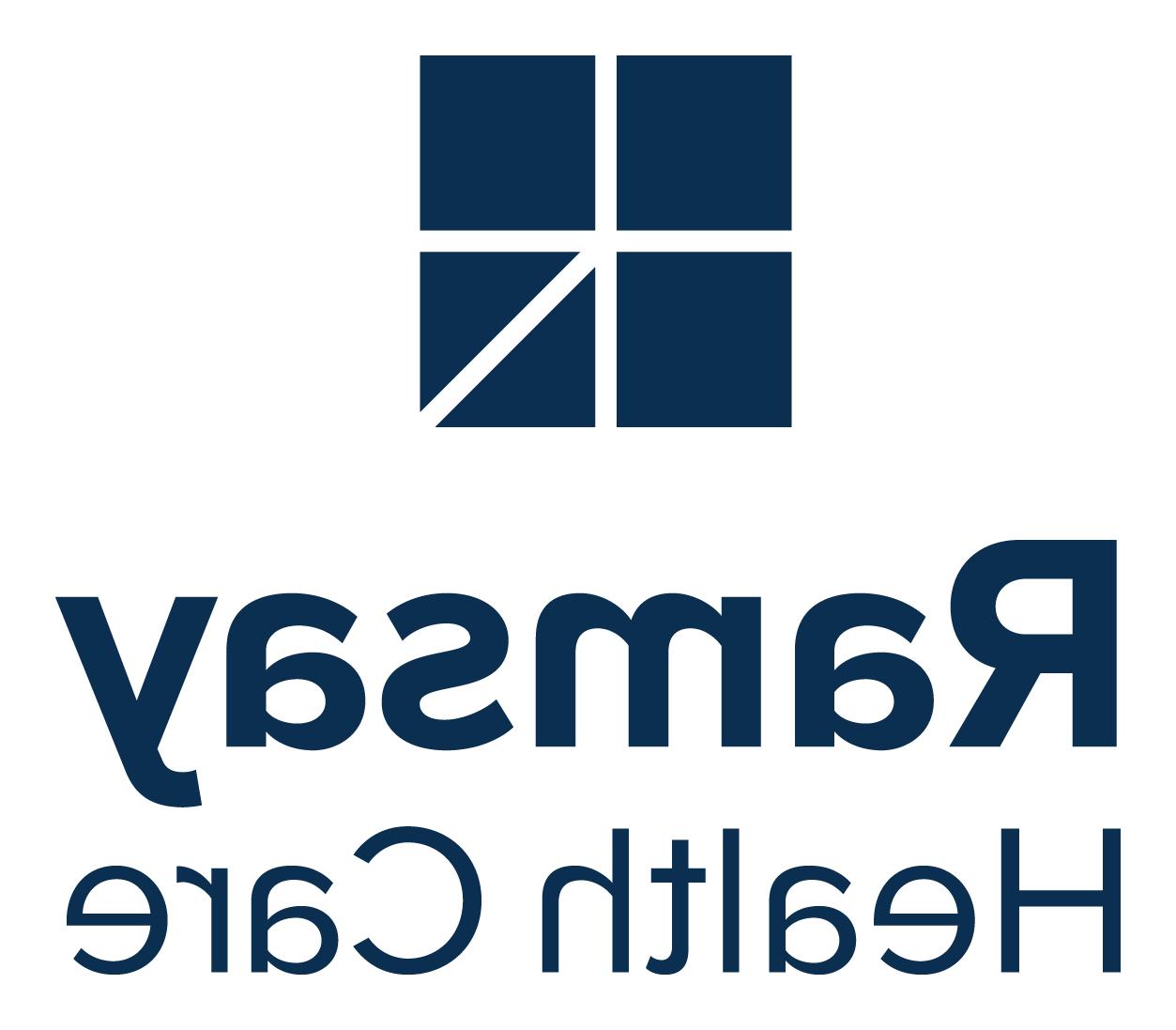-
About
About
Ramsay provides high quality healthcare to millions of people each year through a network of hospitals, clinics and services in Australia, Asia, Europe and the United Kingdom.
-
Investors
Investors
Ramsay listed on the Australian Stock Exchange in 1997 [ASX:RHC] and is now one of the largest and most diverse private healthcare companies in the world.
-
Sustainability
Sustainability
We are committed to being a sustainable, responsible business and making a meaningful, positive difference in the world.
-
People and Careers
People and Careers
It is important that we provide a safe and inclusive workplace where our people are energised by what we can achieve together. We are committed to supporting and developing our people so they enjoy productive, rewarding and fulfilling careers.
- Suppliers
- Contact
- Home
- Investor centre
- Our markets
- Indonesia healthcare overview

